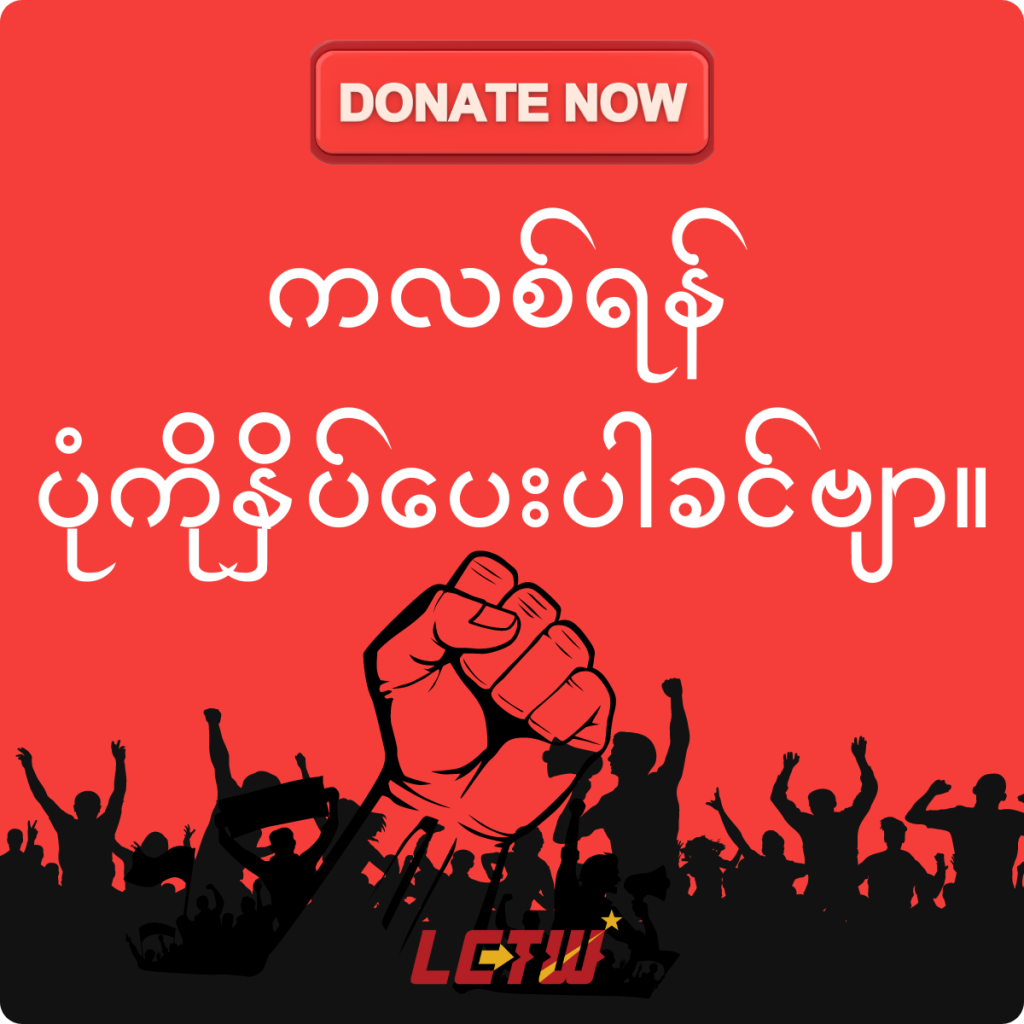Politics is a multifaceted domain that encompasses the study of political systems, international relations, major political events, and key political figures. Developing awareness in these areas is crucial for understanding the dynamics of governance, diplomacy, and power relations on both national and global scales.
Political systems refer to the structures and institutions through which societies organize and govern themselves. These systems can range from democratic forms of government, where power is vested in elected representatives and citizens have rights and freedoms, to authoritarian regimes, where authority is centralized and political freedoms may be restricted. Examples of democratic systems include parliamentary democracies like the United Kingdom and presidential democracies like the United States. On the other hand, authoritarian systems can be seen in countries like China with its one-party rule under the Communist Party.
Understanding different political systems helps in analyzing their strengths, weaknesses, and impact on governance, human rights, and socio-economic development within a country.
International relations focus on the interactions and relationships between sovereign states, international organizations, and non-state actors on the global stage. This field encompasses diplomatic negotiations, trade agreements, conflict resolution, and cooperation on issues such as climate change, security, and human rights.
Major political events shape the course of history and have far-reaching consequences on societies and nations. These events can range from elections and political transitions to geopolitical conflicts, revolutions, and treaties. For instance, the Cold War rivalry between the United States and the Soviet Union, marked by ideological competition and nuclear brinkmanship, significantly influenced global politics and security dynamics for several decades.
Key political figures play instrumental roles in shaping political discourse, policy decisions, and public opinion. These figures can be heads of state, government officials, leaders of political parties, activists, or influential thinkers. For example, figures like Nelson Mandela, known for his leadership in the anti-apartheid movement in South Africa, or Angela Merkel, the former Chancellor of Germany and a prominent figure in European politics, have left lasting impacts on their respective countries and regions.
Developing awareness of politics involves staying informed about current events, analyzing policy debates, understanding the roles of different political institutions, and critically evaluating the actions and motives of political actors. It also involves recognizing the complexities and challenges inherent in governing diverse societies and navigating complex international relations.
Ultimately, political awareness empowers individuals to participate in civic engagement, advocate for change, and contribute to shaping the future of their communities and the world at large.